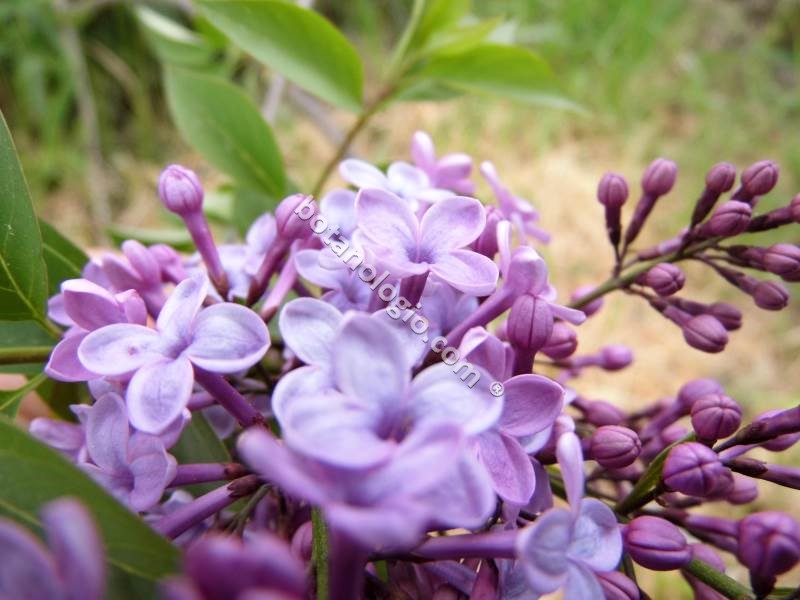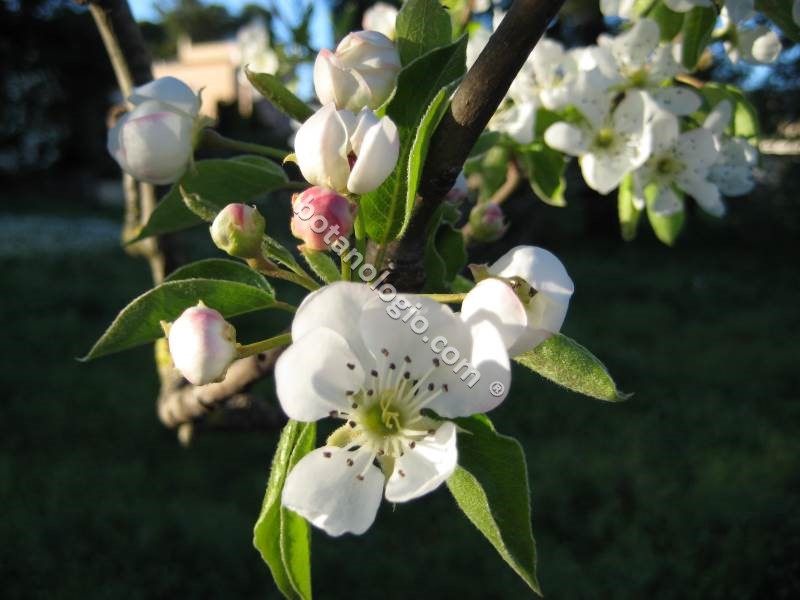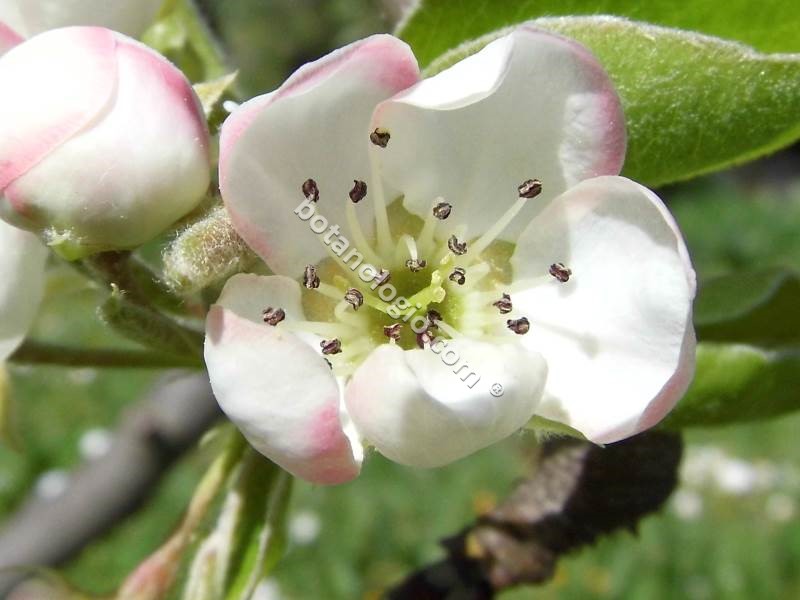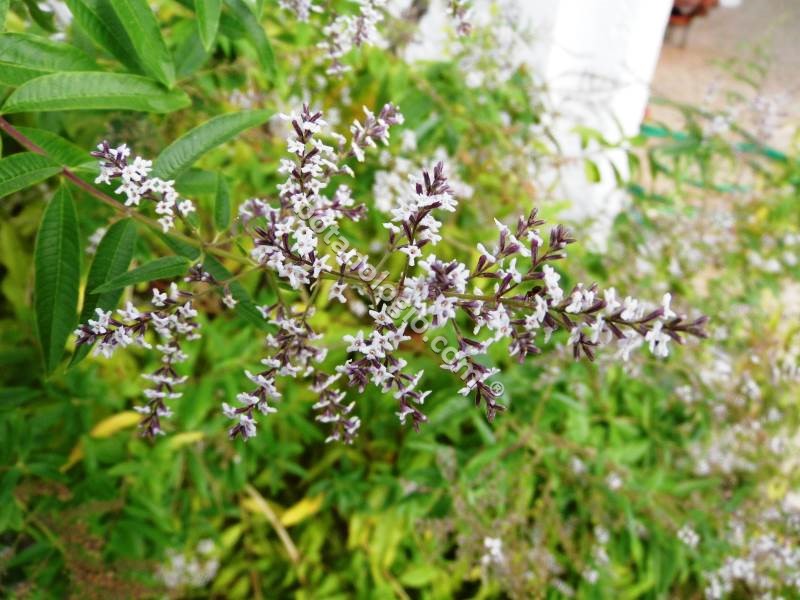Everythibg about Sea moss

Sea moss is a species of algae, most known (depending on the location it is collected) as Irish moss or Iceland moss or otherwise with the Latin name Chondrus crispus.
Collected for carrageenan, an ingredient used to increase the density of dairy products such as yogurt desserts and ice cream, in recent years, moss has become widely known as dietary supplements for many of the healing properties listed below.
Of course, sea moss is a creation of nature itself, with the result that the quality depends on the environment in which it grows. The same goes for its nutritional value as it depends on how rich and clean the environment in which it grows is. Iceland is the best moss collection area as it is the least polluted country in the world.
It is a nature-friendly, vegetarian product, found in pill, powder, gel, chewable tablets, capsules, or lotion form. The color depends on many factors and you will find from brown and green moss to red often referred to as Irish moss. The taste and texture are quite unpleasant, so choose the form of the supplement carefully.
What are the benefits of consumption
Although there are not enough studies on the healing properties of sea moss, several studies have been done on its close relative algae. The following data on consumption emerge from studies:
Protects the cardiovascular system
As it is high in fiber, higher than vegetables, and in combination with omega-3 fatty acids, it actively helps regulate our blood sugar, lower cholesterol and blood pressure. The balance of the above in our body, reduces the risk of chronic cardiovascular disease and reduces the risk of type 2 diabetes.
It is an excellent source of Iodine
Iodine plays an important role in the healthy functioning of the thyroid gland. The two most important components that the thyroid gland needs to release hormones that are important for the reproductive system and even for our energy levels, are iodine and thyroxine. Our body of course can not produce these ingredients on its own, while moss is rich.
Protects the digestive system
contributes to the healthy bowel function as the fiber and polysaccharides contained in moss, act as prebiotics, important for a healthy digestive system.
Strengthens the immune system
Due to the high content of iron and antioxidants, it helps to strengthen the immune system. At the same time, studies have shown that moss has antiviral properties, protecting the body from virus attacks.
Supports the proper functioning of the respiratory system.
Before the advent of medicine, moss was used to soothe the throat and lungs, thanks to the gel created when mixed with water. The expectorant effect of moss was identified, which in combination with the anti-inflammatory, treated inflammations of the respiratory system such as bronchitis.
Naturally cares for the skin
In addition to the nutrients that give us both nourishment for the body and the skin, moss promotes collagen production, a protein important for anti-aging, external use deeply moisturizes, reduces irritation and offers rich nourishment to the skin, while it is considered an excellent natural rejuvenator.
Finally, moss is used for muscle strengthening and for recovery after a tiring exercise. Moss is rich in taurine and protein, important for building muscle mass and strengthening the body after demanding exercise.
The nutritional value of moss depends on the area from which it is collected, the season in which it is collected and the way it is dried and stored. Sea moss is considered superfood as it contains almost all the minerals that the human body needs, is rich in iodine, B vitamins, calcium, vitamin C, b carotene, magnesium, fiber, selenium, iron and protein.
Possible side effects – precautions
Moss is generally safe when consumed for short periods of time. Of course it’s dangerous when consumed in large quantities and one of the reasons is the possible presence of lead in dried moss, as moss absorbs heavy metals from the environment in which they grow.
Overconsumption can cause excessive iodine intake. Many endocrinologists recommend not taking iodine supplements when there is a thyroid problem.





